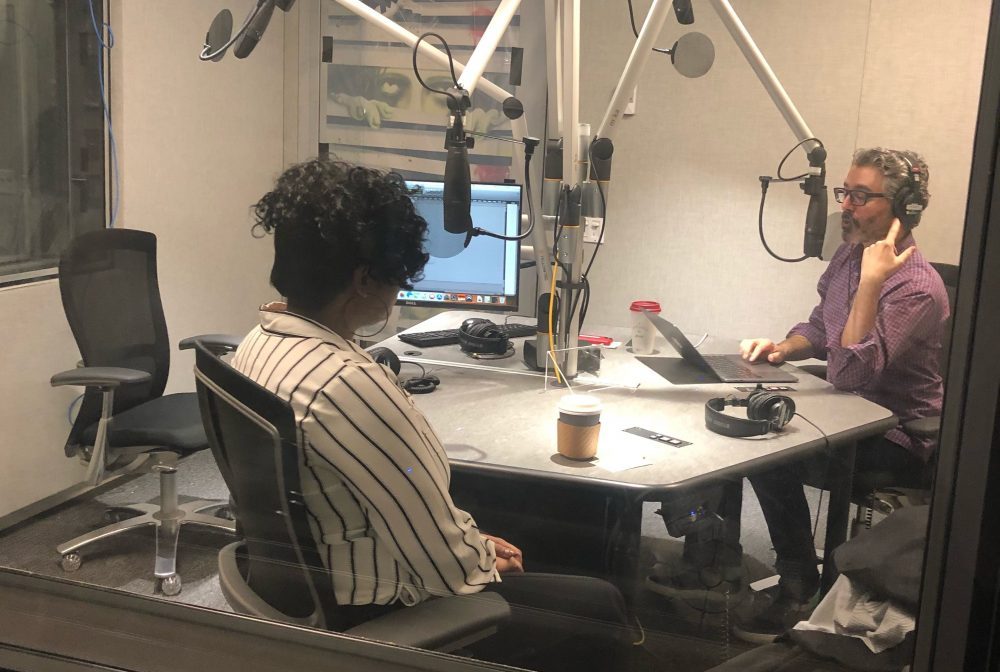Last week, the New York Times podcast The Daily, featured A Better Balance’s client Tasha Murrell discussing her harrowing experience as an employee of a national logistics company. As detailed in last month’s New York Times story, Tasha was denied accommodations and subjected to egregious working conditions while pregnant and ultimately suffered a miscarriage while working at the company, as did several of her co-workers. She also revealed the ways that companies like her employer have been using strict attendance policies to punish workers for missing work and the deadly consequences that the fear of getting sick can have.
Under these rules, which are sometimes referred to as “absence control” or “no fault” attendance policies, employees receive “points” or “occurrences” for absences from work and are subject to disciplinary consequences, up to and including termination, if they accrue too many points. These policies are especially common in low-wage industries. As Tasha explained on the podcast, the company she worked for has such an absence control policy, with employees automatically terminated when they exceed 9 points. These “no-fault” policies are portrayed as neutral because they purport to treat all absences the same, regardless of the reason, but in reality, they are incredibly unfair to workers and often force them to choose between their health and their jobs.
This is illustrated by the story Tasha shared on the podcast: As Tasha described, coworker Linda Neal, who asked to go home because she felt ill but was told she “could go home with a point.” She later collapsed and died of a heart attack on the warehouse floor. Similarly, when Tasha was pregnant in 2014, she asked to leave before the end of her shift because she was experiencing abdominal pain and was told she would receive a point if she left, even though she had already worked approximately 12-13 hours that day. Eventually, she decided to accept the point and go home, and she suffered a miscarriage the next day. Employees should not have to risk their health and possibly their lives to avoid violating an employer’s attendance policy, risking discipline and possible termination. Absence control policies are especially burdensome to pregnant workers, workers with disabilities, and workers with caregiving responsibilities, but they can have a negative impact on any worker who, like most people, occasionally has to miss work unexpectedly.
Beyond being unfair, these policies may also be illegal when they punish workers for lawful absences under the Family and Medical Leave Act (“FMLA”) or refuse to accommodate a reasonable need for time off under the Americans with Disabilities Act (“ADA”) or state Pregnant Worker Fairness Acts (“PWFA”).
The company Tasha worked for is just one example of a company that employs this kind of absence control policy. Our conversations with workers across the country who have faced punishment under their own employers’ policies for absences necessary to care for their own health and the health of loved ones indicate that they are far from alone. A Better Balance speaks to workers experiencing a range of issues, including pregnancy discrimination, caregiver discrimination, and disability discrimination, but a frequent common denominator is the presence of a punitive absence control policy. A Better Balance is committed to continuing to challenge unlawful absence control policies and to encouraging employers to develop more humane policies that would allow workers to stay on the job without sacrificing their health.
If you believe you have been punished for being absent from work because you had a pregnancy-related condition or a disability, or were caring for a family member with a serious health condition, the attorneys on ABB’s free legal helpline (833-633-3222/833-NEED-ABB) would be happy to speak to you about your rights.





